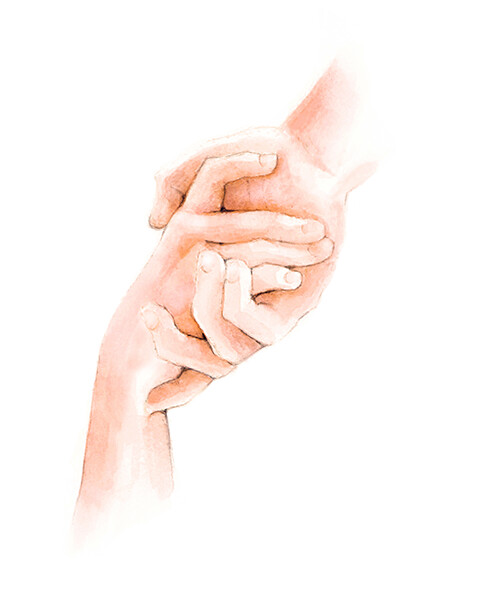Mutual aid should be implemented at RM to further support students
December 15, 2021
There are a plethora of ways to get involved in activism at Richard Montgomery, with over a dozen clubs dedicated to student activism and community service. Yet there are few resources for one of the most important forms of activism: mutual aid. Mutual aid is the practice of people in a community working to make sure everyone’s needs are met. It has collectivist ideals in that if someone has an extra of something it is given to someone who lacks it, whether that be money, clothing, books or food.
Charities and nonprofits are often vague and misleading about where donated money is going. Mutual aid is transparent and one can easily see that any contribution is going directly to someone known, having a clear impact. This allows people to get the resources that they need while building a sense of solidarity and trust within the community at the same time.
There is an extensive network of mutual aid online through Instagram pages like @dcblacktranssupport, @mutualaid4mamas and @blackwomenexhale. People in need will submit a description of their needs and their Venmo, Cashapp, or Paypal. Followers who can help them will contribute. For example, a recent post from @blackwomenexhale reads, “I’m really in a hard place right now and trying to catch up myself on bills and utilities… I am in debt $1300 from past bills… I just need help to get myself out of this hole. I’d also appreciate fall clothes for me and my son.”
Some argue that mutual aid has a greater risk of scams, with people faking needs. While it is unclear sometimes where money donated to non-profits goes, they are more regulated and verified than localized action. However, many people, including myself, have found the mutual aid system trustworthy and beneficial.
Since online pages include information to contact and pictures, it is fairly easy to validate that this person exists. Furthermore, even if all of the details in their description are not completely accurate, it is reasonable to assume that anyone submitting to this page requires money and deserves support.
With such an obvious benefit to society and the ability to help people on an individual level, mutual aid should be widely accessible and available throughout. Yet, there are limited resources to contribute to mutual aid at Richard Montgomery. A reason for this may be that teenagers do not typically have very much extra money lying around. It is much easier and more accessible to have clubs and town halls than to ask people to give money.
However, mutual aid does not have to be a mass amount of money donated frequently or regularly. The idea is to support other members of the community in any way that you can. So if the only contribution made is $15 every few months, that still counts, and should be encouraged.
It is also difficult to facilitate anonymity for anyone receiving aid. If mutual aid efforts were student-run, then the people in need of aid would have to disclose that to other students. This could lead to people feeling uncomfortable and less willing to participate.
To prevent this, mutual aid efforts at Richard Montgomery would have to be led by the administration. Every school administration already contributes to similar programs, such as Free And Reduced Meals, or FARMS, reduced pay for field trips, or waiving fees for tests like AP or IB exams. Mutual aid programs would just open up more opportunities to support our students, contributing to payments unrelated to schools such as utility bills or winter clothing.
This would be a difficult program to initially implement. However, mutual aid efforts at our school would both ensure that every student was well taken care of and build the character of our school as a community. Our core values一 equity, access, justice, capacity, and community building一 all call for a new way for us to support each other. Mutual aid would do just that.


